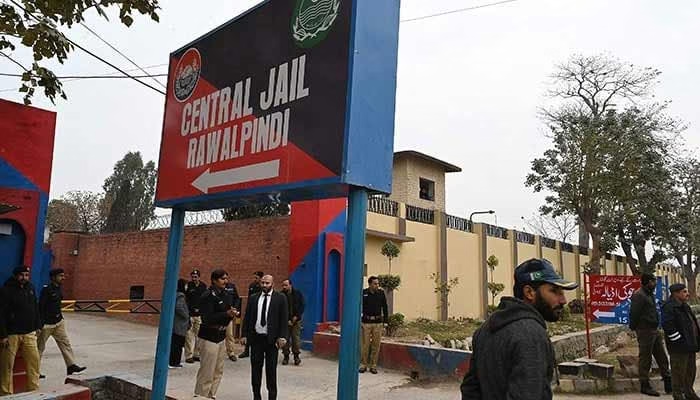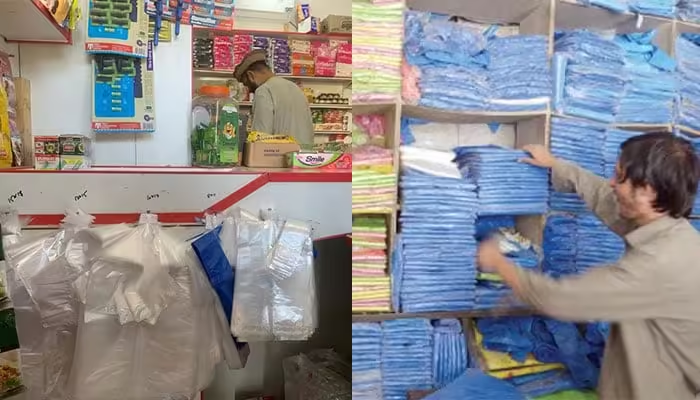The Islamabad High Court (IHC) has suspended the single-bench verdict that struck down a key clause in the Punjab Prison Rules, which prohibited political discussions among inmates. The larger bench issued this order on Thursday after hearing an intra-court appeal filed by the Punjab government. The IHC’s latest decision temporarily restores the enforcement of the controversial rule, reigniting debate about freedom of speech and the limits of political expression within Pakistan’s prisons.
Background of the Case
The issue centers around Section 265 of the Pakistan Prison Rules (1978), which forbids prisoners from engaging in any kind of political conversation or activity while incarcerated. Earlier, a single bench led by Justice Sardar Ijaz Ishaq Khan had declared this clause unconstitutional, ruling that it violated inmates’ fundamental right to freedom of expression under Article 19 of Pakistan’s Constitution.
Following that ruling, the Punjab government filed an intra-court appeal, arguing that the clause served an essential purpose in maintaining discipline, preventing unrest, and ensuring neutrality within prisons. The appeal contended that jails are meant for rehabilitation and security, not for political mobilization or debate.
IHC’s Larger Bench Suspends the Earlier Ruling
On Thursday, the larger bench of the IHC, headed by Chief Justice Sarfraz Dogar, heard the government’s appeal. Punjab Advocate General Amjad Pervaiz presented the government’s stance, emphasizing that the earlier decision could lead to administrative challenges inside prisons if political discussions were allowed to continue unchecked.
After reviewing the arguments, the IHC bench accepted the Punjab government’s appeal and temporarily suspended the earlier ruling. This means the original clause under Section 265 of the Prison Rules remains enforceable until a final decision is reached.
The court’s suspension of the single-bench verdict highlights the judiciary’s cautious approach to balancing fundamental rights with institutional discipline. It also underscores the broader question of whether prisons should serve as platforms for political discourse or remain neutral administrative spaces.
Legal and Constitutional Implications
The IHC’s interim decision carries significant constitutional weight. On one hand, the earlier single-bench verdict championed the freedom of expression, suggesting that political discussion is a natural part of intellectual and civic engagement, even within prison walls. On the other hand, the Punjab government’s appeal stressed that jails are designed to ensure order and reform, not to provide space for political activity that could disrupt prison management.
The larger bench’s suspension implies that until the case is finally decided, political conversations among inmates will remain restricted. Legal experts believe that the court will likely weigh the constitutional rights of inmates against the administrative powers of prison authorities in its final verdict.
PTI Leaders’ Petitions and Jail Visitation Issue
In a related development, the same larger bench of the IHC also addressed petitions filed by 11 Pakistan Tehreek-e-Insaf (PTI) leaders concerning jail visitation rights for former Prime Minister Imran Khan. The bench directed the Adiala Jail superintendent to ensure the implementation of the court’s previous order from March 24, which permits twice-weekly meetings between Imran Khan and his legal team or family.
The court reaffirmed that these meetings should take place every Tuesday and Thursday in accordance with the prescribed Standard Operating Procedures (SOPs). This directive reasserts the judiciary’s oversight role in ensuring that the rights of prisoners, including political detainees, are not unduly curtailed.
Balancing Prison Discipline and Freedom of Expression
The IHC’s involvement in this matter has revived public debate over the extent of prisoners’ rights in Pakistan. Supporters of the single-bench verdict argue that even prisoners retain certain constitutional freedoms, including the right to express opinions on political matters. They claim that banning political conversations is an outdated colonial-era restriction that goes against modern principles of human rights.
Conversely, proponents of the Punjab government’s stance insist that unrestricted political discussions within prisons could lead to polarization, unrest, and misuse of jail environments for partisan purposes. According to them, such activities could undermine the administrative neutrality and security of prison systems.
The IHC’s temporary suspension thus represents a middle path—maintaining institutional order while allowing time for a more comprehensive judicial review.
Broader Context of the Case
The timing of the case is also significant given the broader political climate in Pakistan, where debates around political freedoms, accountability, and rule of law remain at the forefront. The IHC’s role in adjudicating politically sensitive issues has been increasingly critical, and this case adds to its growing list of high-profile constitutional matters.
If the final verdict sides with the Punjab government, the ban on political discussions will continue as a lawful administrative rule. However, if the single bench’s decision is reinstated, it could redefine prisoners’ rights, setting a precedent for expanded freedom of expression within Pakistan’s correctional facilities.
The Islamabad High Court (IHC) has once again found itself at the center of a pivotal constitutional debate. By suspending the earlier ruling on the Punjab Prison Rules, the court has opted for caution, ensuring that order is maintained while the legal process unfolds.
As the larger bench continues to deliberate, the outcome of this case will likely shape future discussions on the delicate balance between maintaining prison discipline and upholding the fundamental rights of individuals, even behind bars.
The IHC’s final judgment will not only determine the legality of political conversations in prisons but also serve as a defining moment in Pakistan’s ongoing dialogue about freedom, governance, and justice.



